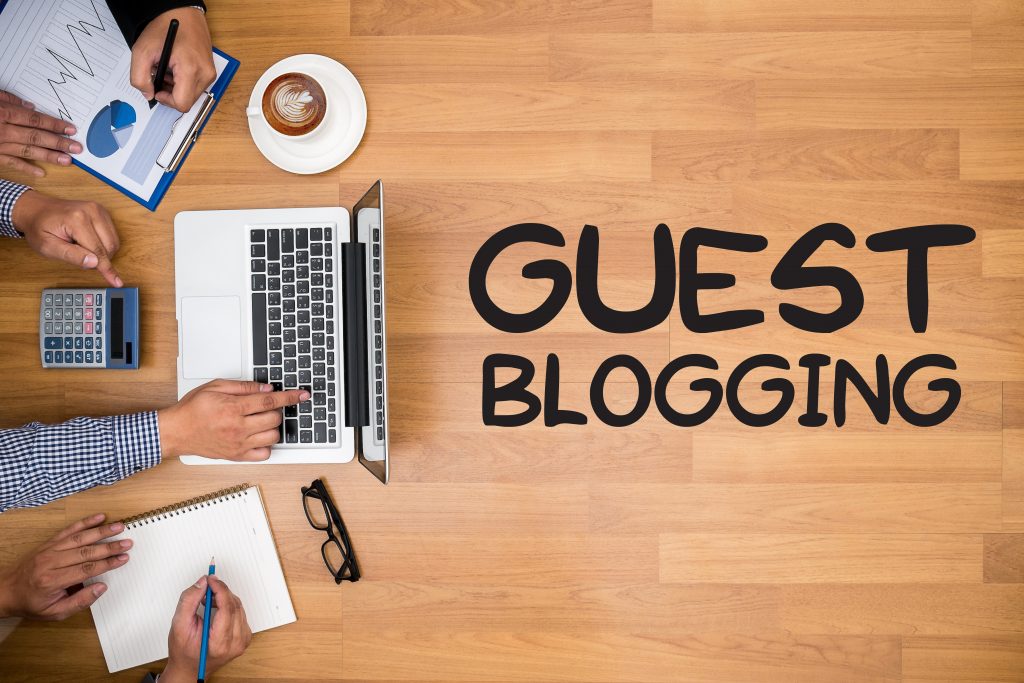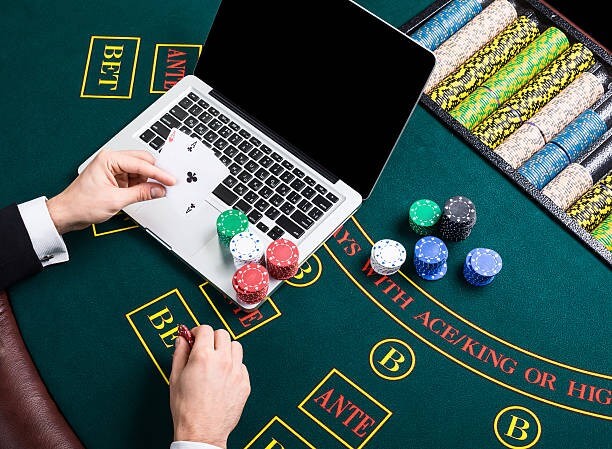Personal space, an often-overlooked aspect of social interactions, plays a crucial role in maintaining individual comfort, respect, and overall well-being. It refers to the physical distance one feels is necessary to set from others to feel comfortable and safe. Here people like Elijah Mccain explore the concept of personal space, its psychological underpinnings, cultural variations, and its importance in everyday interactions.
The Concept of Personal Space
Defining Personal Space: Personal space can be described as an invisible bubble that surrounds us, the size of which varies depending on the individual and the situation. It is a comfort zone where one feels secure and free from unwanted intrusion.
Psychological Significance: Psychologists view personal space as a reflection of a person’s identity and a buffer that helps manage social intimacy. Respecting personal space is key to fostering trust and respect in relationships.
Cultural Variations in Personal Space
Cultural Differences: The perception of personal space varies significantly across cultures. In some cultures, close physical proximity is a sign of warmth and friendliness, while in others, it might be seen as intrusive or disrespectful.
Adapting to Cultural Norms: Understanding and adapting to these cultural nuances is essential in global interactions, whether in personal or professional settings.
Personal Space in Different Contexts
Workplace Dynamics: In professional environments, respecting personal space is crucial for maintaining a comfortable and productive workspace. It involves being mindful of physical proximity, especially in shared or open-plan offices.
Social Settings: In social contexts, personal space preferences can dictate the level of comfort and ease in interactions, influencing social bonding and relationships.
The Role of Personal Space in Communication
Non-Verbal Cues: Personal space is a form of non-verbal communication. Intruding into someone’s personal space can convey dominance or aggression, whereas respecting it communicates respect and understanding.
Virtual Spaces: In the digital age, the concept of personal space extends to virtual environments as well. Respecting boundaries in online interactions is equally important.
Personal Space and Mental Health
Stress and Discomfort: Infringement of personal space can cause stress, discomfort, and anxiety. It can also lead to feelings of overcrowding and claustrophobia in extreme cases.
Importance of Boundaries: Setting and respecting personal boundaries is essential for mental health and emotional well-being.
Navigating Personal Space in a Post-Pandemic World
New Norms of Interaction: The COVID-19 pandemic has altered perceptions of personal space, with increased awareness of physical distancing for health safety.
Re-adjusting Social Norms: As societies adapt to new norms of interaction, understanding and respecting revised personal space boundaries has become more important.
Personal space is a fundamental aspect of human interaction and social etiquette. Recognizing and respecting individual preferences for personal space fosters harmonious social relationships, reduces conflict, and promotes psychological well-being. In our diverse and interconnected world, being attuned to the nuances of personal space is a key component of empathetic and respectful social conduct.









